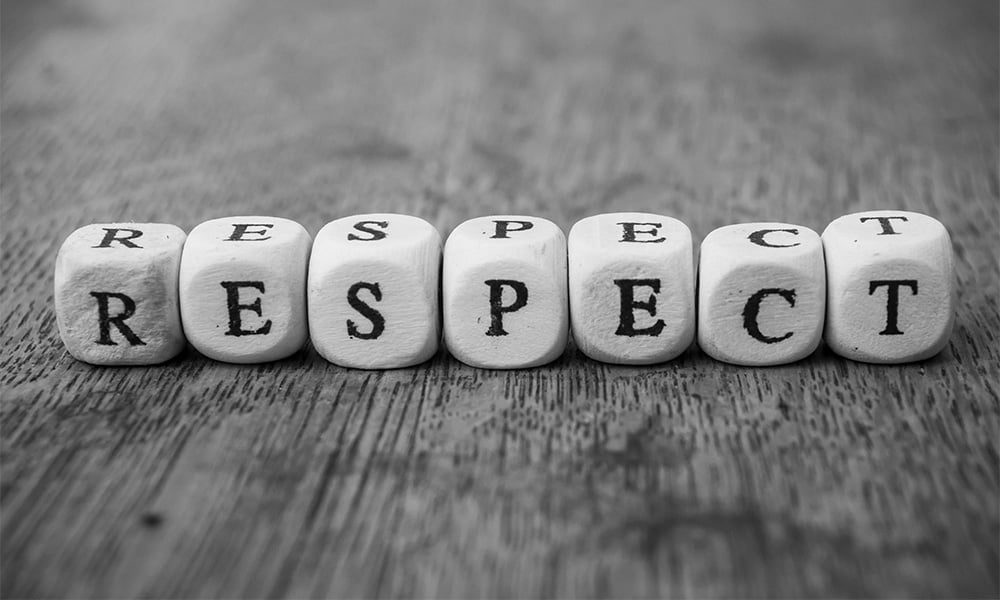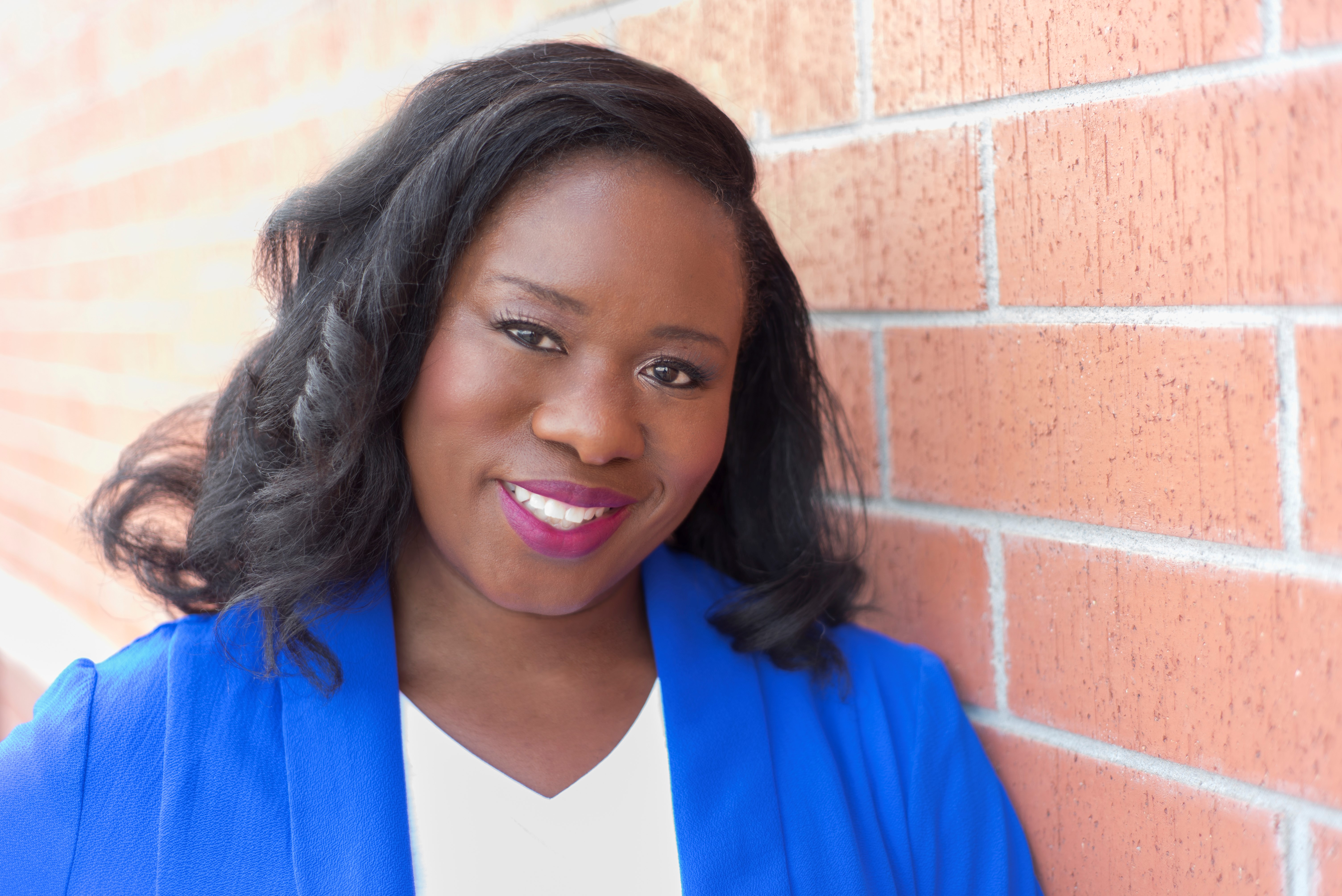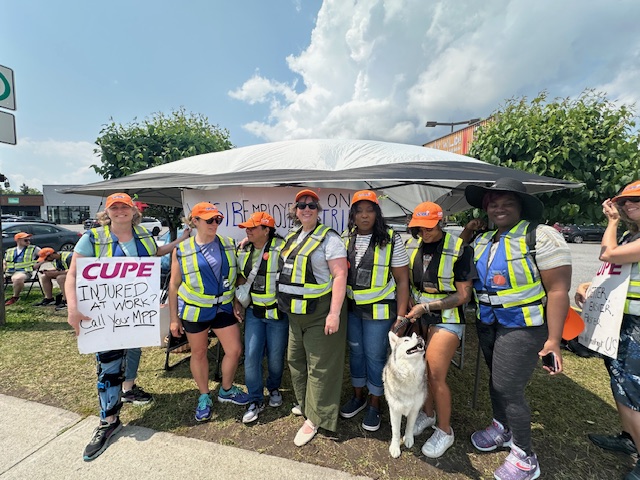Psychological safety is more and more regarded as an integral part of worker health and safety — rightly so — and there are a number of ways that companies, big and small, can push for better mental health care

Since 2010, Bell Canada’s Let’s Talk Day campaign has started conversations about mental health, helped to reduce stigma and raised more than $100 million for increased access to care and research. Initiatives such as Bell Let’s Talk Day and the CSA releasing the voluntary national standard for Psychological Health and Safety in the workplace back in 2012 have helped us to make more connections to the contributing role that the workplace can have on an individual’s mental health. We know that there are preventive measures that employers can put in place to help protect the psychological health and safety of their people while at work.
I remember when I started in health and safety that we were mainly focused on the physical injuries and illnesses with little to no focus on the psychosocial hazards that can also exist in the workplace. Now, it’s common to include the psychosocial hazards along with physical, biological, chemical and ergonomic hazard groups when we learn about workplace hazards. Time has definitely changed and changed for the better.
The Guarding Minds at Work website defines a psychologically healthy and safe workplace as “one that promotes a worker’s psychological well-being and actively works to prevent harm due to negligent, reckless or intentional acts.” We all have a part to play when it comes to having a workplace that is not only safe for our physical health but also safe for our psychological health, too. Companies are at different stages and figuring out where to start might be overwhelming to some companies, especially small businesses that might not have the resources from which larger companies benefit.
In my opinion, one of the simplest ways to get started with preventing psychological harm is to ensure workers, regardless of title, are respectful and considerate in their interactions with one another, as well as with customers. Civility and respect are based on showing regard, care and consideration for others and acknowledging their dignity.
Many companies have values or a code of conduct that will implicitly or explicitly speak to civility and respect, making sure your workers know what is expected at your company. There is also a renewed focus on diversity and inclusion these days and recognizing that individuals in the company are not all the same and these different perspectives and ideas can breed strength. Many organizations are educating their workers that everyone should have a voice and progressing forward as a team must start with civility and respect for one another. The education will also help workers to understand that we’re not always going to be singing “Kumbaya” and conflict may happen, but in those moments of conflict, how we react and behave can remain civil and respectful. Whether you have formal policies and training programs or not, have conversations with your team and get people talking.
Of course, the internet provides a lot of information. The Canadian Centre for Occupational Health and Safety has an excellent infographic for civility and respect in the workplace, which includes tips for employers and for everyone. These include giving your full attention, valuing others’ time, saying hello, using respectful language being inclusive and considerate and practising humility. These are all good tips for work and elsewhere.
We spend a good amount of time at work and no one wants to work in an environment where disrespect goes unchecked. When a workplace lacks civility and respect, this can lead to workers feeling stressed, lower job satisfaction and increased interpersonal conflict can arise. Let’s all work toward having a workplace culture where workers create a positive atmosphere, where uncivil or disrespectful behaviour isn’t allowed to fester and where workers engage in healthy workplace relationships. Not only will they feel the positivity, so will your customers and in turn can reduce uncivil behaviour from them, too.
 Lee-Anne Lyon-Bartley, BASC (Ryerson), CRSP, CP-FS, is mom to Cameron and currently executive vice president, HSEQ at Dexterra group. She is NEBOSH and IEMA certified. She was a regular guest on the Steven and Chris show (CBC), volunteers with WOHSS, WSPS on an advisory committee, My Safe Work and Threads of Life, was awarded the Women in EHS award from eCompliance and featured on Breakfast TV Toronto and Vancouver and Global News.
Lee-Anne Lyon-Bartley, BASC (Ryerson), CRSP, CP-FS, is mom to Cameron and currently executive vice president, HSEQ at Dexterra group. She is NEBOSH and IEMA certified. She was a regular guest on the Steven and Chris show (CBC), volunteers with WOHSS, WSPS on an advisory committee, My Safe Work and Threads of Life, was awarded the Women in EHS award from eCompliance and featured on Breakfast TV Toronto and Vancouver and Global News.
This article originally appeared in the May/June 2021 issue of COS.






